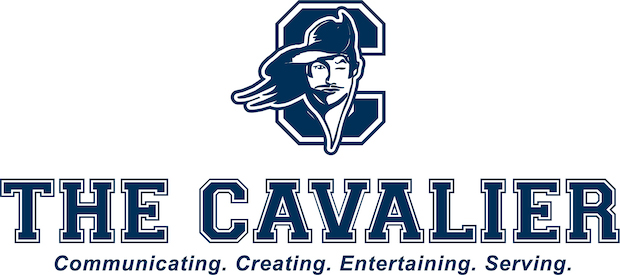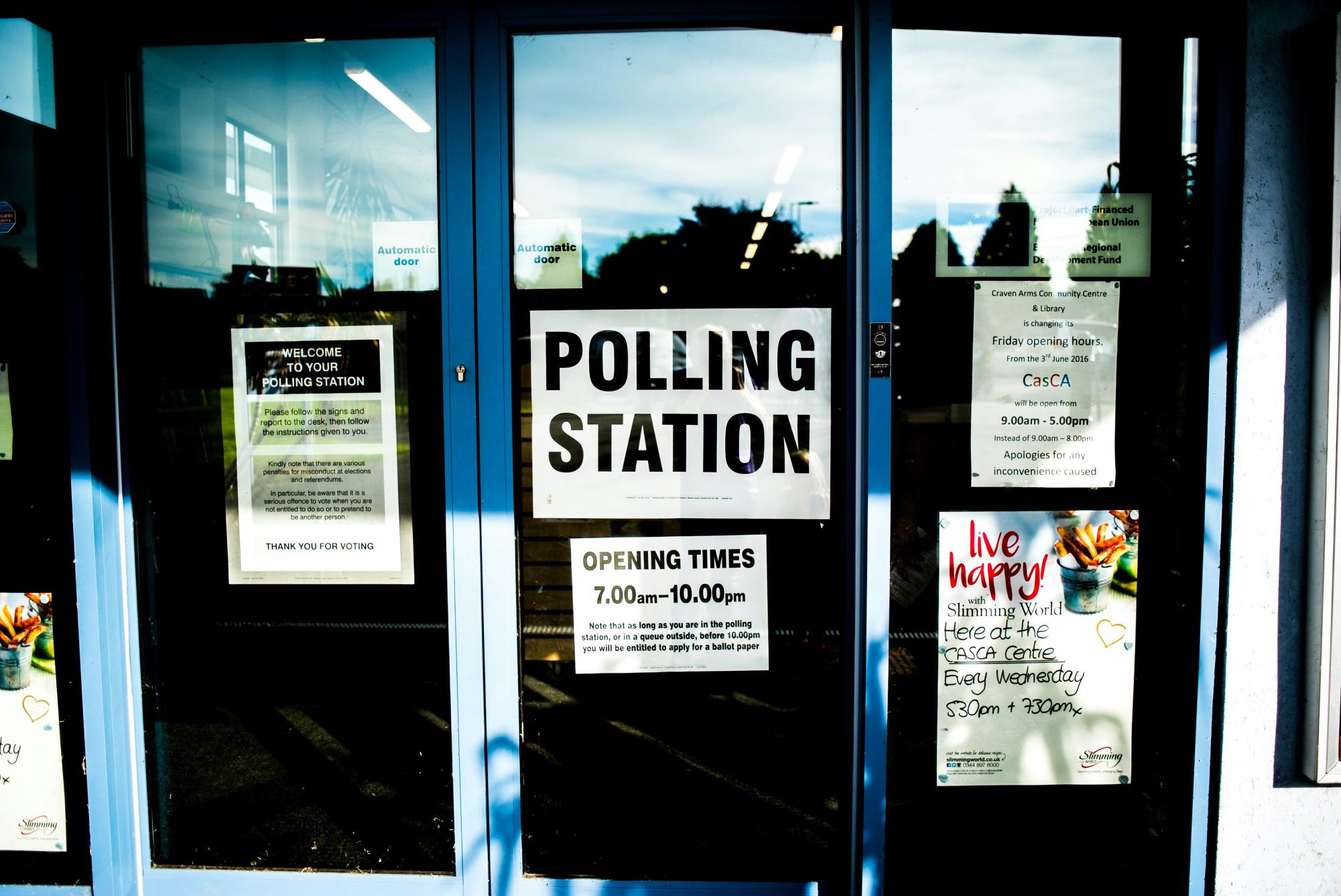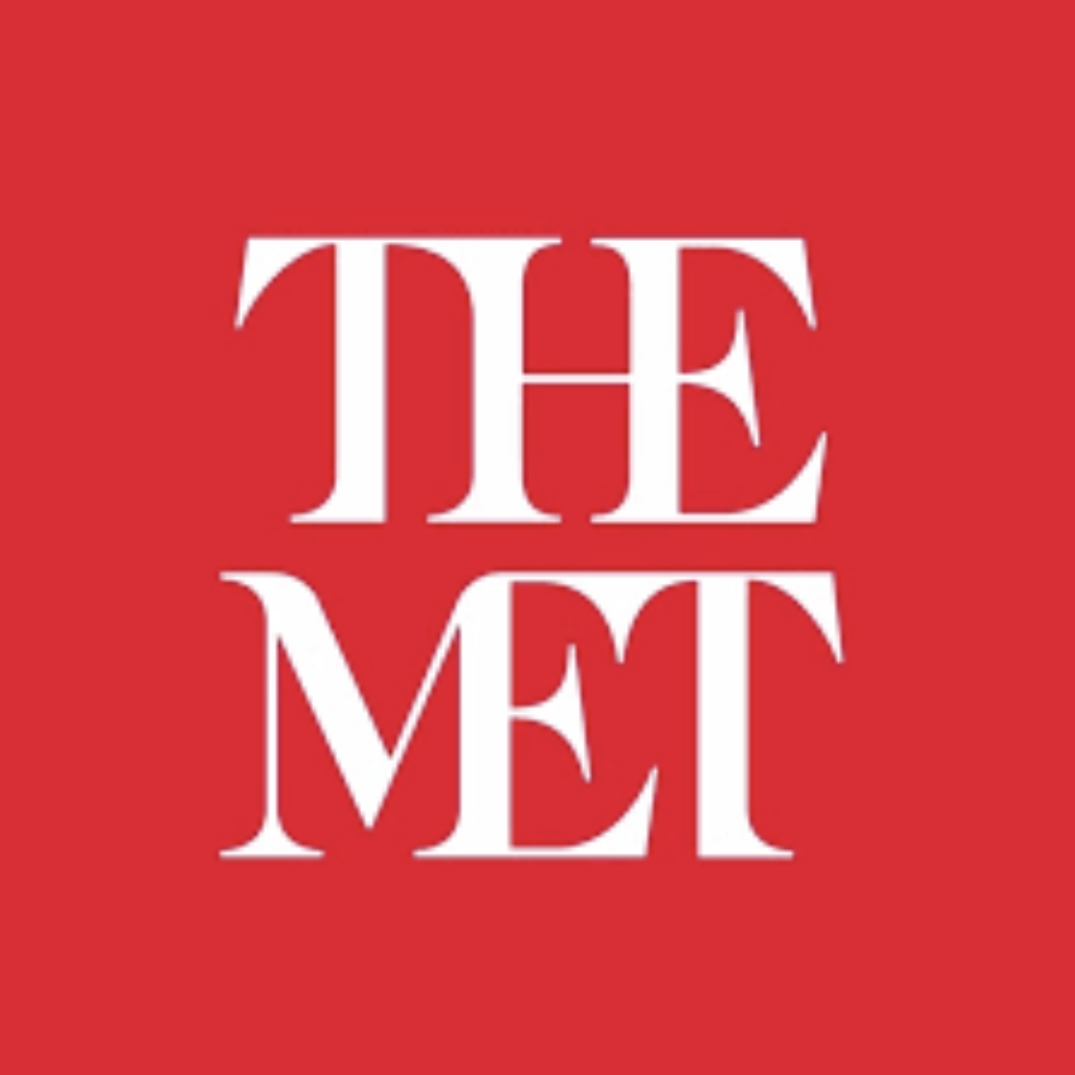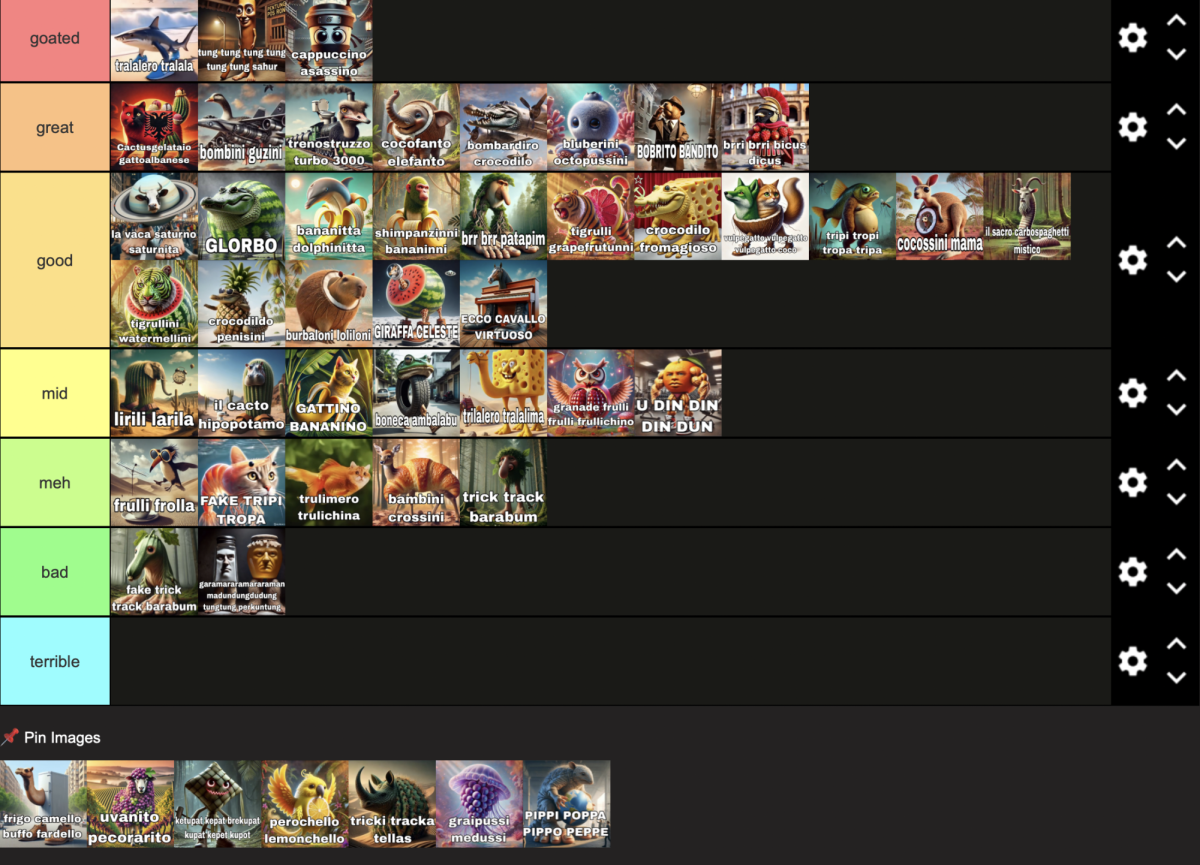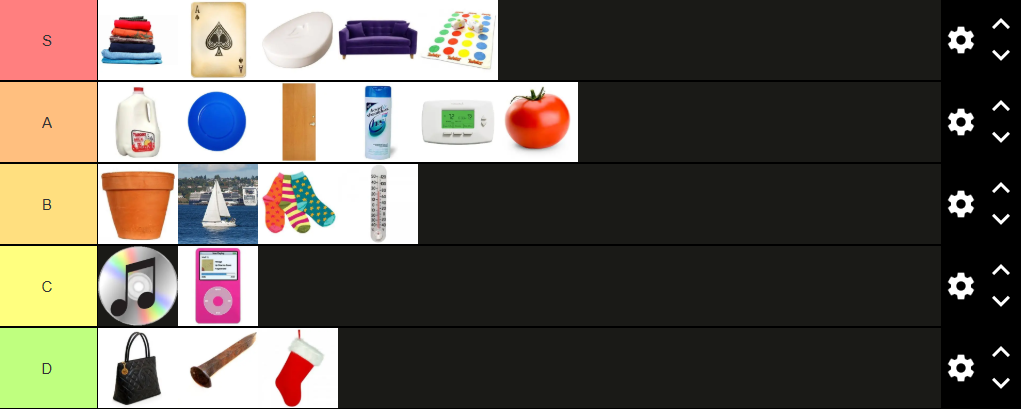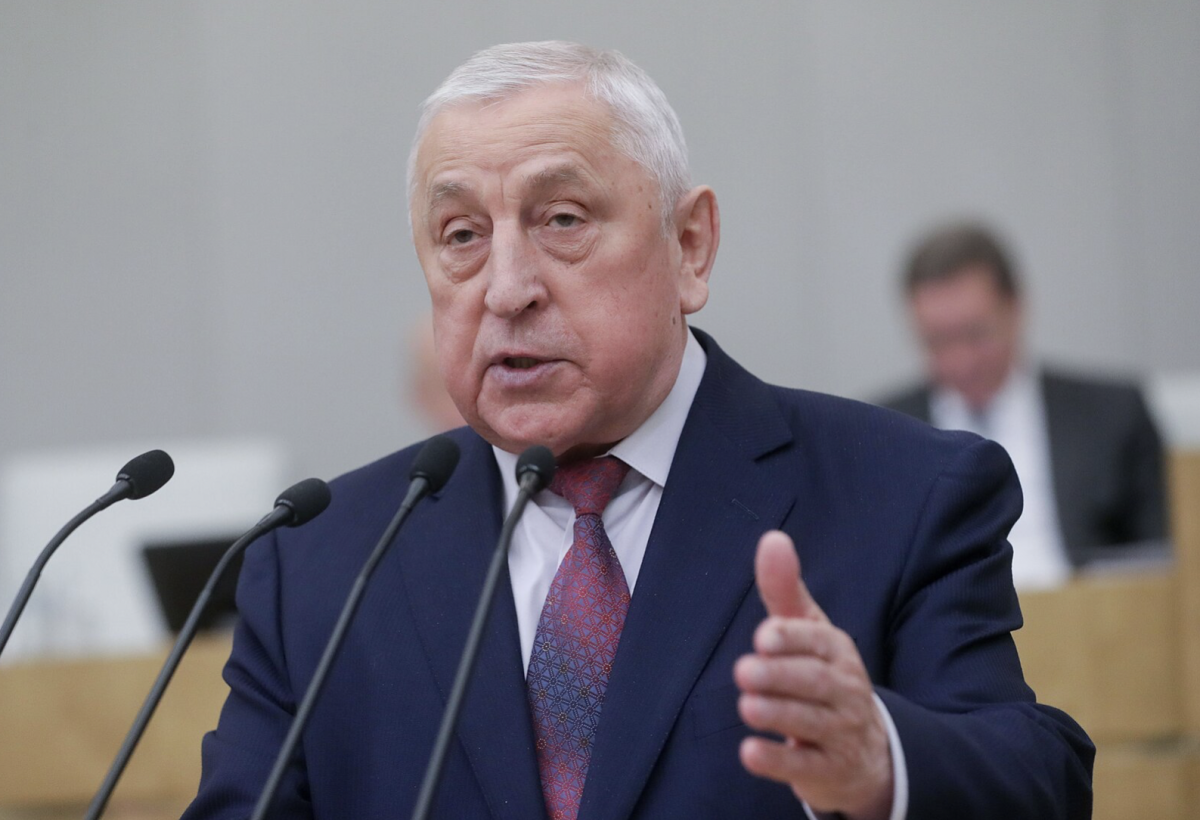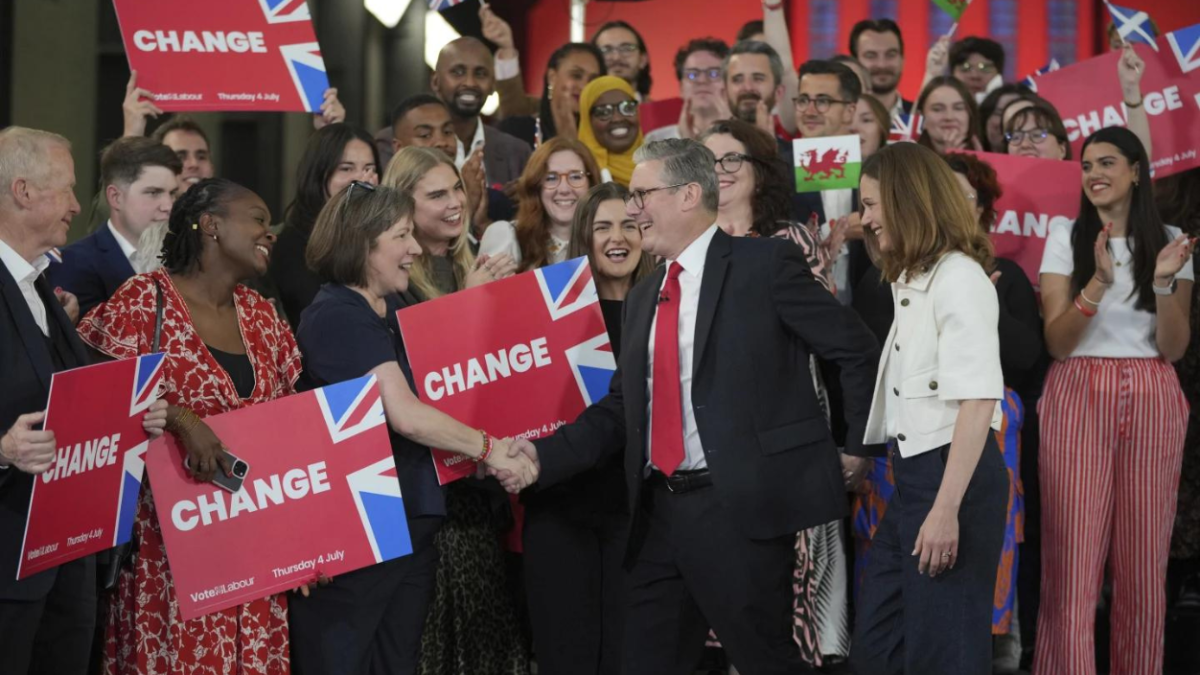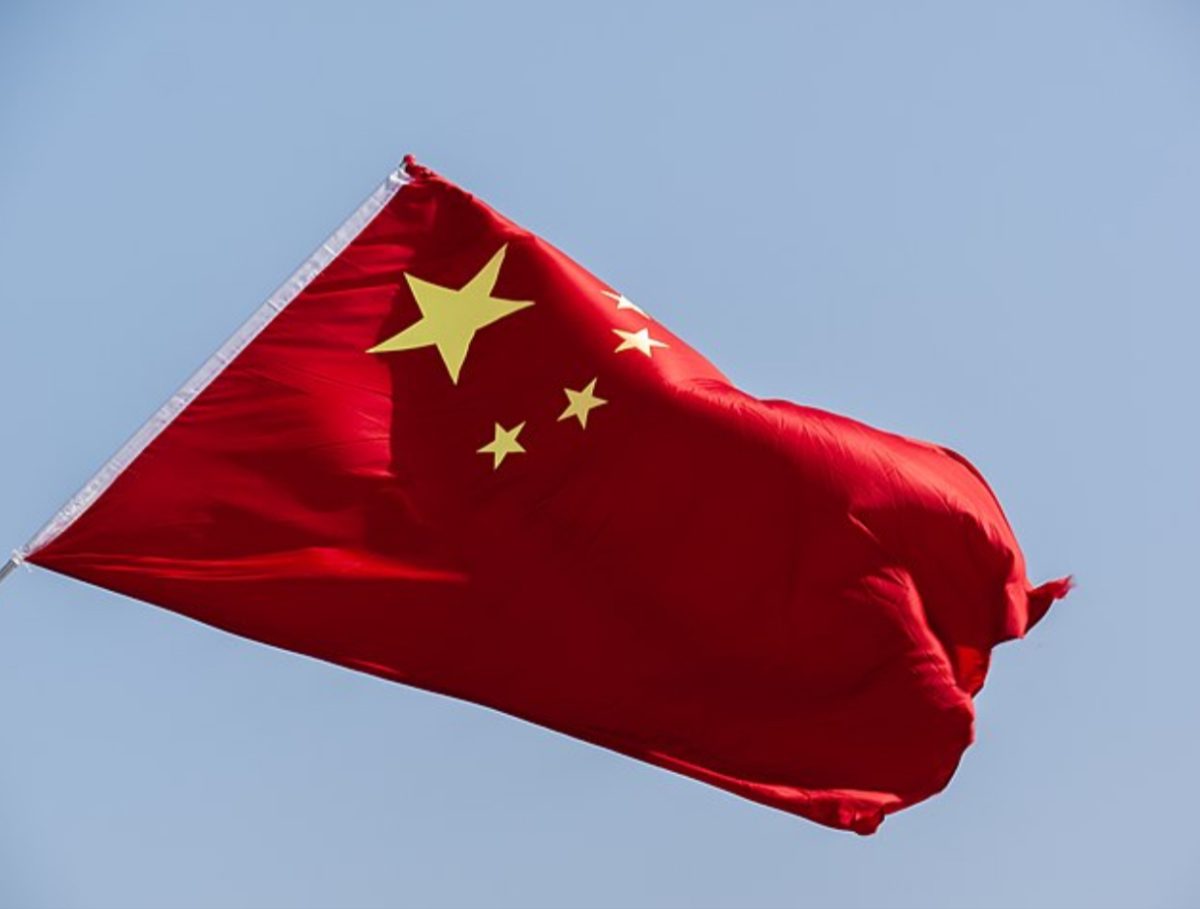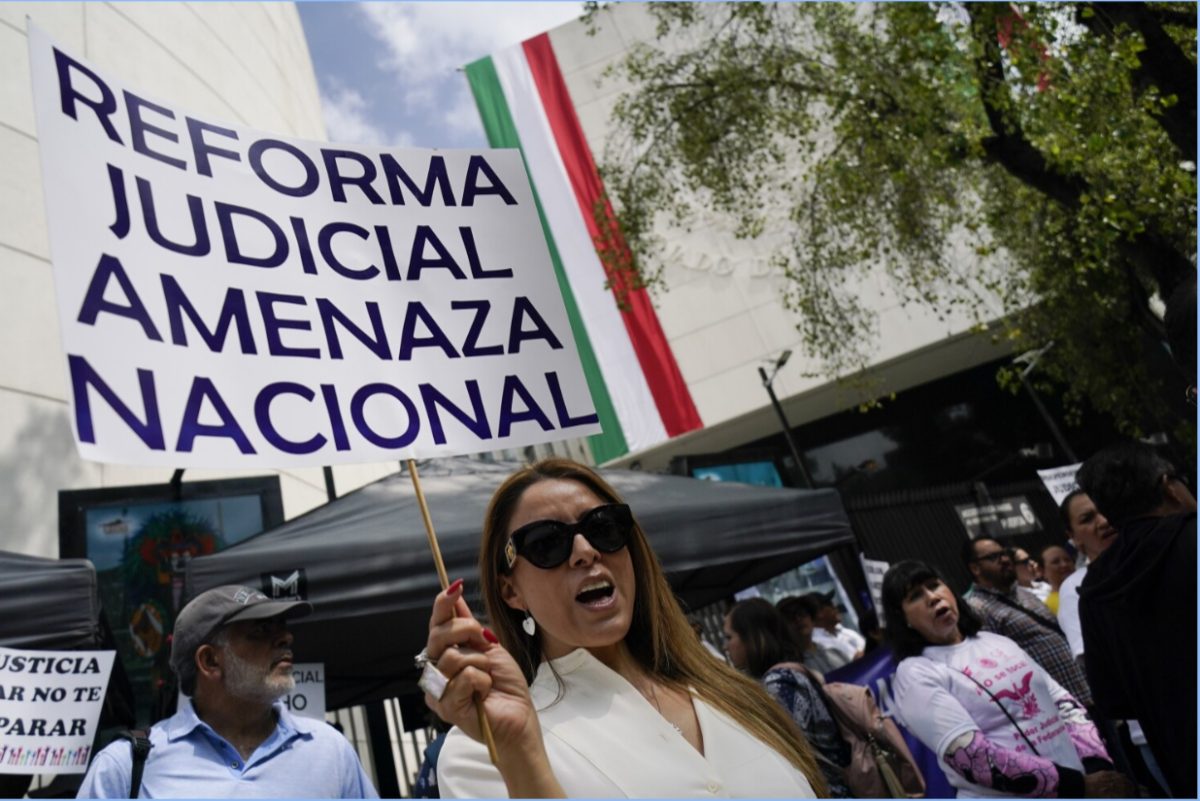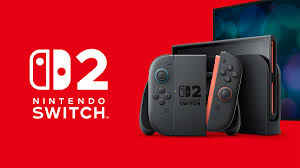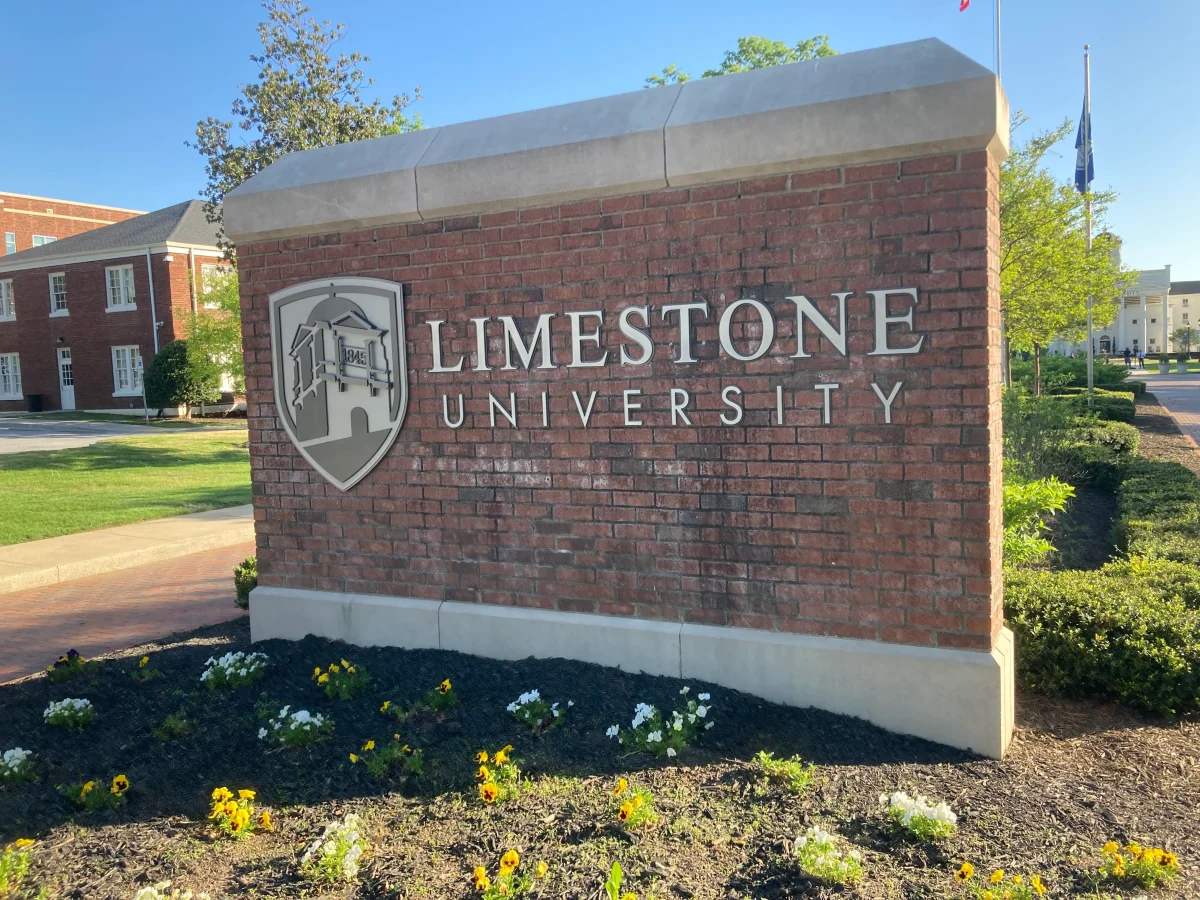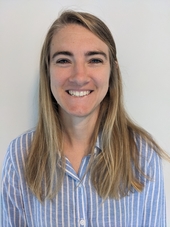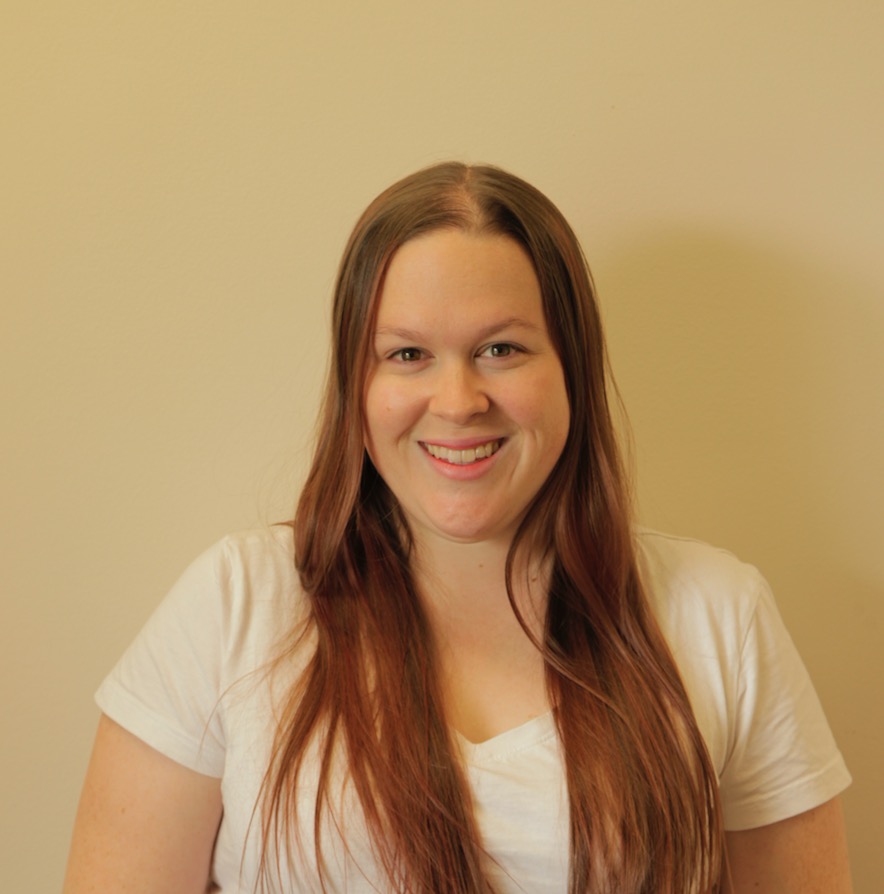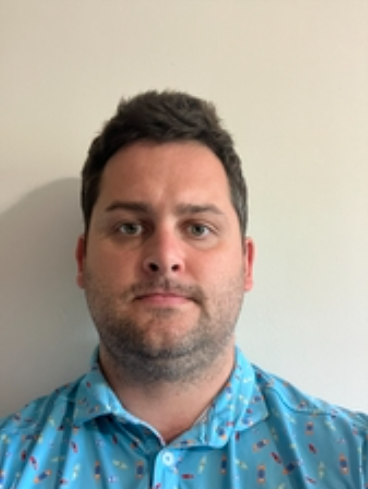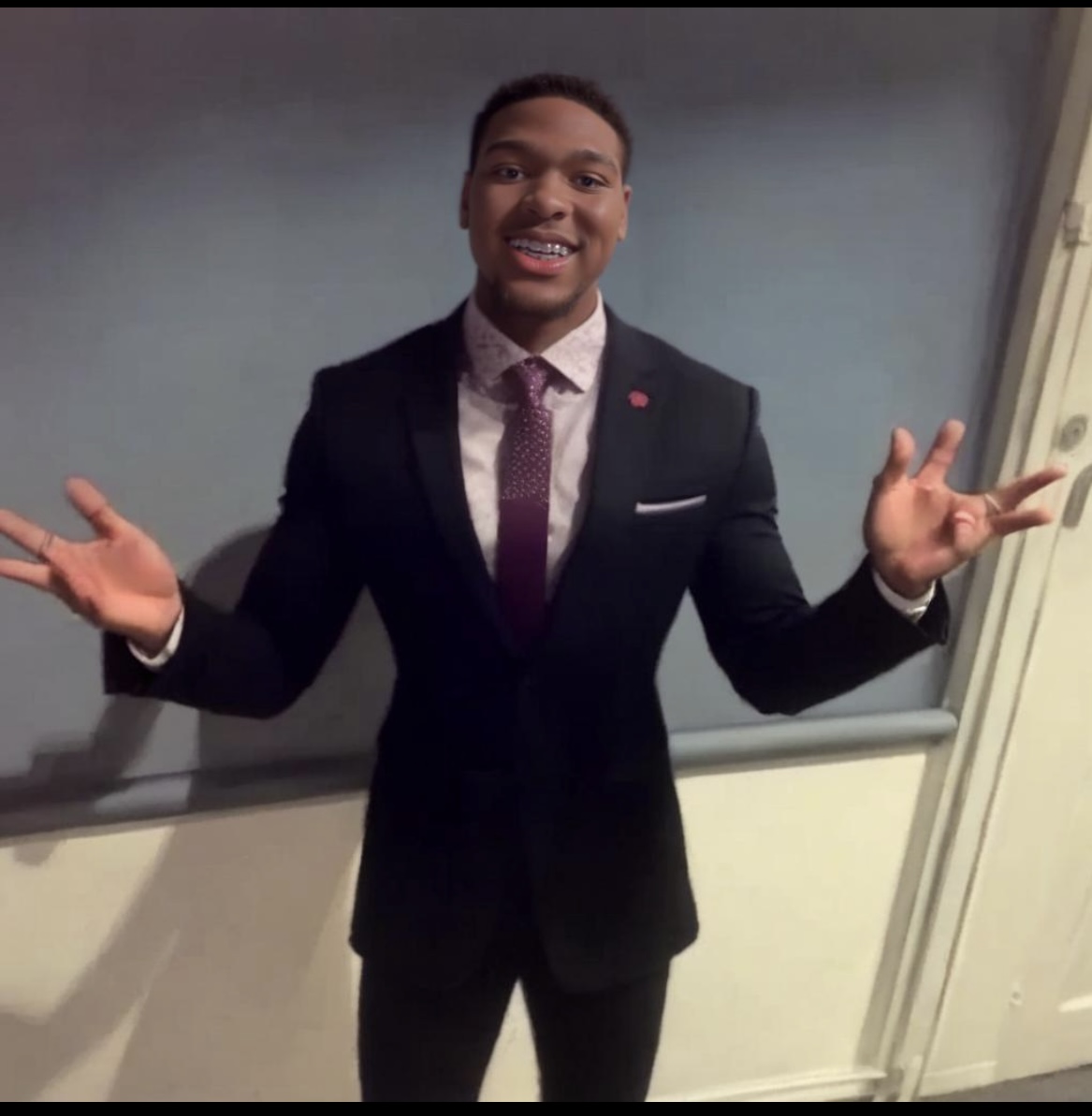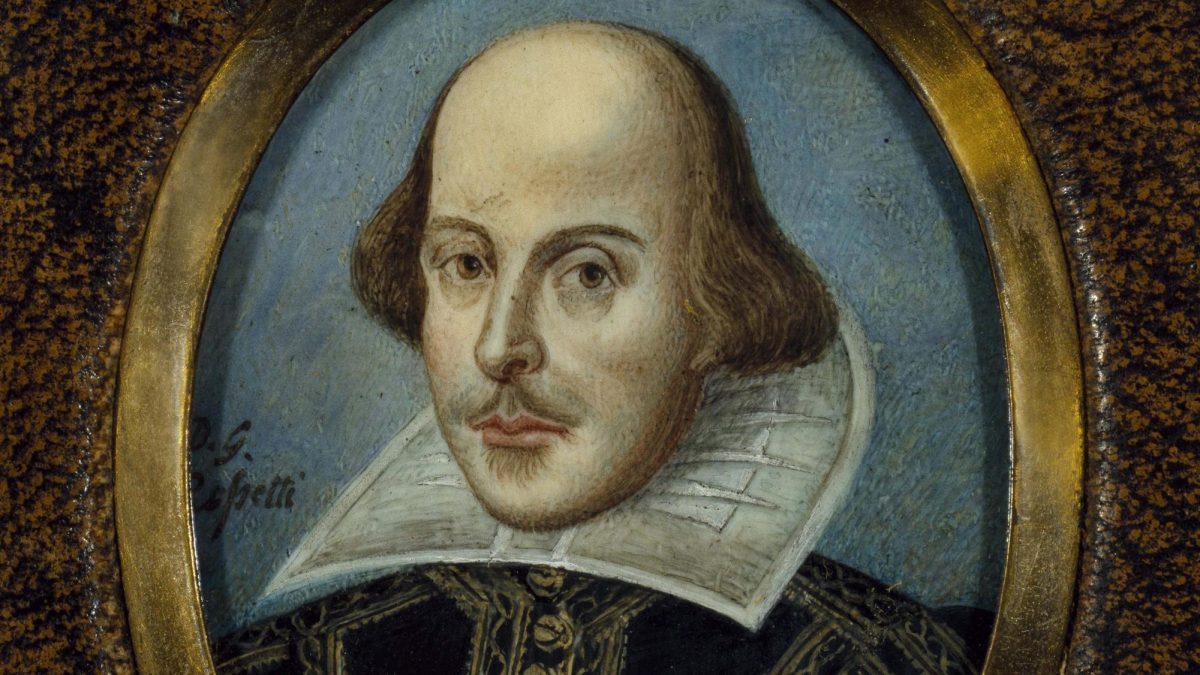As election season comes to a close, many students hold questions about voting. How do I vote? Why should I vote? Voting is an exciting and scary process, particularly when you’re unsure of what to expect. In order to answer these questions, a few Upper School teachers gave their advice to first time student voters.
One thing all interviewed faculty members mentioned was checking your ballot ahead of time. US History teacher Mr. Burford reminded students to “be sure to go to scvotes.org. You can see a sample ballot, as well as polling locations.”
US Government and Economics teacher Mr. Kramer said that seeing the ballot beforehand “gives you an idea of what to expect” when you go to vote. He added the importance of “research[ing] the candidates and ask[ing] yourself who works best for you.”
As AP US History teacher Mr. Woodward said, “it’s important for anyone who wants to vote to know it’s a process.” There is more to this process than simply showing up and voting. You have to register and verify identification.
History teacher Mrs. Doggart-Greer urged students to look further into the candidates on their ballot. “Go online and look at each party’s platforms. What do they plan on doing while in office? Refresh yourself on what a president can and can’t do,” she said.
A common sentiment among voters is that their vote doesn’t matter in the grand scheme of things. Teachers had thoughts on this claim, as well. For Mr. Kramer, casting a vote is more about his right than the outcome. “I never view it [voting] as I’m picking the winner or loser. I just am exercising my right,” he said. “I am able to voice my beliefs. It’s more about the right than the winner or loser.”
Mrs. Doggart Greer had a similar take on the matter, stating that “for me, voting is a sacred experience. There are too many people who have given too much for me to have that privilege.”
Mr. Woodward sympathized with students who felt voting was futile, but encouraged it nonetheless. He said, “There’s maybe some sense to that, but the presidential election is only one of many taking place.” He highlighted the importance of exercising your vote in local elections in particular, saying, “your vote matters most [in local elections] but they are least participated in.”
Mr. Burford responded with a reminder of the importance of our government structure. “The representative government is the foundation of the country,” he said, “and while it might feel like you’re a solitary vote in a sea of millions, a few votes can decide how the election turns out.”
